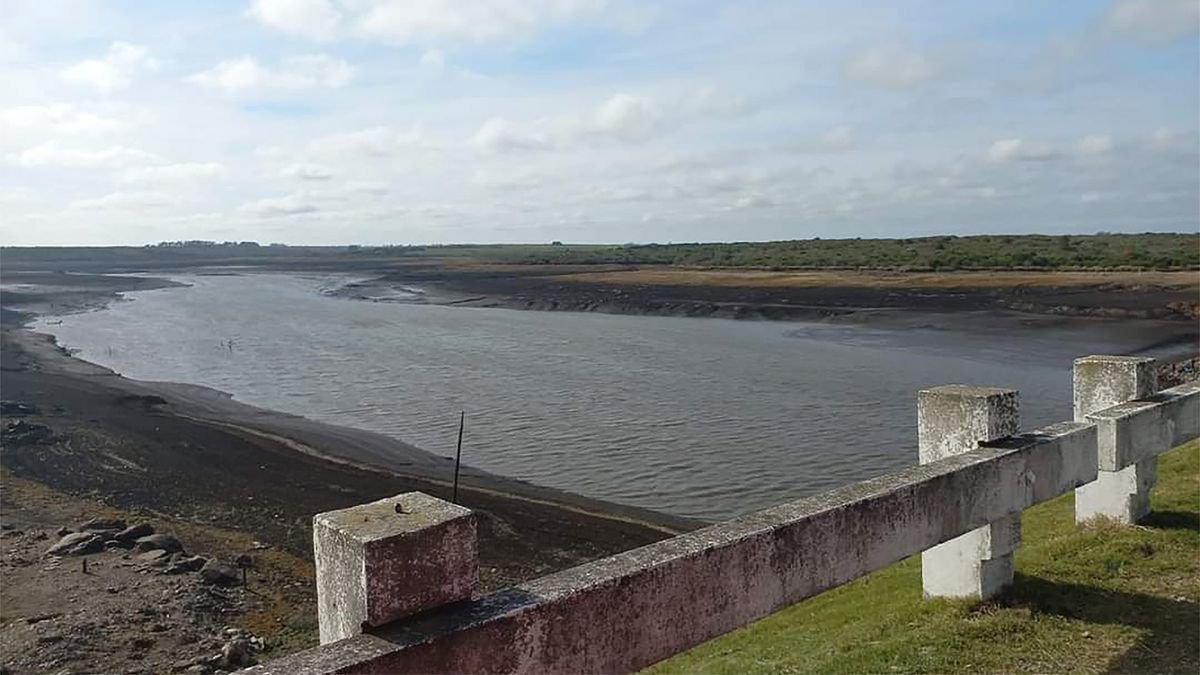The daily report of the Presidency reveals that the chloride and sodium averages stabilized below the maximum values.
A new daily report from the Presidency about the water emergency situation that is hitting Montevideo and the metropolitan area revealed that The water reserves in the Paso Severino dam (Florida) increased again for the fourth consecutive dayand the daily averages of chlorides and sodium stabilized below the maximum values allowed by the Ministry of Public Health (MSP).
The content you want to access is exclusive to subscribers.
According to information from SBIToday, the population of the country’s capital and its metropolitan area consumed 505,581 cubic meters of water, and reserves were established at 1,565,255 cubic meters, an increase of 14.5% with respect to the 1,367,065 cubic meters that the record showed yesterday. Nevertheless, this represents only 2.34% of the total flow volume.


Chloride and sodium levels remained below the maximum values allowed by the MSP in all the pumping lines that supply the capital and its surroundings. These are 720mg/l of chlorides and 440mg/l of sodiums.
In the pumping line 4 that supplies the center of the capital of the country, the measurement of the daily average of chlorides reached 687mg/l and the 414mg/l of sodium. In the pumping line 5 that supplies water to the western zone of Montevideo and surroundings, the chlorides reached 574 mg/l and sodium to 352mg/l. In turn, in the pump line 6 that supplies the east of the capital and its surroundings, the daily records of chlorides were 663mg/l and those of sodium 401mg/l.
MSP recommendations for tap water consumption
In the framework of the water emergency, the government attached the recommendations for consumption of running water by the MSP.
General population, without a diagnosis of arterial hypertension:
- Maintain the usual daily water consumption which may be entirely OSE water.
- Do not add salt to food in children who are starting semi-solid/solid feeding (infants up to 2 years).
- To be possible, for the preparation of infant formulas, use mineral water.
- In a population with an unknown increased risk of being hypertensive (over 60 years of age), periodic blood pressure checks are recommended.
Population using antihypertensive drugs and diuretics:
- They should minimize the consumption of foods with excess sodium.
- They will be able to continue consuming OSE water up to one liter per day and it is recommended to complete your usual intake with mineral water.
Population with any of the following conditions: chronic kidney disease, heart failure, cirrhosis, pregnant women:
- Avoid as much as possible the consumption of OSE wateradvised by your attending physician.
- In case you have to take it, it is recommended not to exceed a liter of water/day and increase the frequency of blood pressure checks.
- Complete the intake of the daily volume of water recommended by your doctor.
Source: Ambito




